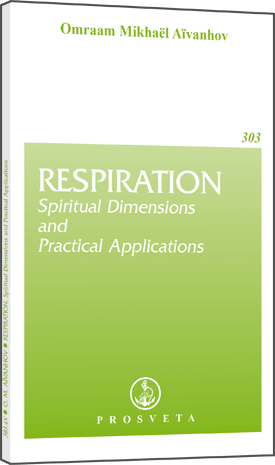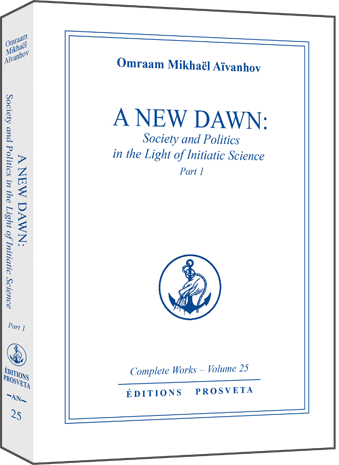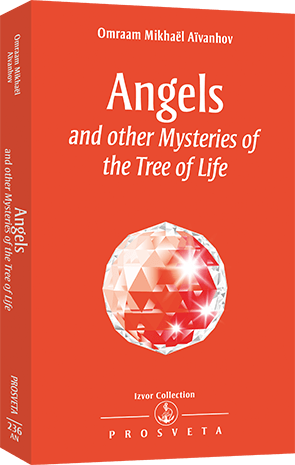The Two Trees of Paradise

For thousands of years, human beings have tried to understand the origin of the world and the emergence of evil, as well as the suffering resulting from it.
‘For thousands of years, human beings have tried to understand the origin of the world and the emergence of evil, as well as the suffering resulting from it. They have often presented these concepts as myths, which is why the sacred books of all religions contain symbolic stories that must be interpreted. The Christian tradition has taken the account of Moses in Genesis, where it is said that on the sixth day of creation, God made man and woman and placed them in the Garden of Eden among all the animal and plant species. Moses names only two trees in this garden: the Tree of Life and the Tree of Knowledge of Good and Evil, whose fruit God had forbidden Adam and Eve to eat.
‘The Tree of Life represents the unity of life, where polarisation is not yet manifested, that is, where there is neither good nor evil – a region above good and evil. Whereas the other tree represents a polarized world where we are subjected to alternating days and nights, joy and sorrow, and so on. More than just plants, these two trees are regions of the universe or states of consciousness. And if God instructed Adam and Eve not to taste fruits from the Tree of Knowledge of Good and Evil, it means that they were not yet ready to enter the region of polarisation...’
Omraam Mikhaël Aïvanhov
‘The Tree of Life represents the unity of life, where polarisation is not yet manifested, that is, where there is neither good nor evil – a region above good and evil. Whereas the other tree represents a polarized world where we are subjected to alternating days and nights, joy and sorrow, and so on. More than just plants, these two trees are regions of the universe or states of consciousness. And if God instructed Adam and Eve not to taste fruits from the Tree of Knowledge of Good and Evil, it means that they were not yet ready to enter the region of polarisation...’
Omraam Mikhaël Aïvanhov









